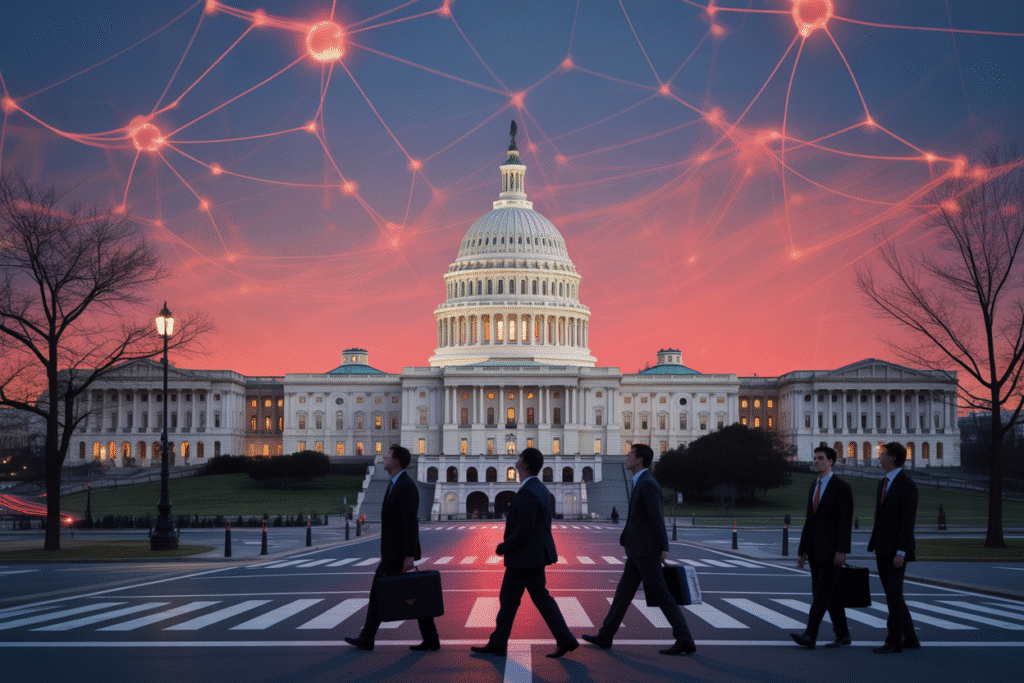Hidden data rewrites can flip yesterday’s truth into tomorrow’s propaganda — and we only have hours to notice.
Imagine asking your go-to large language model a simple question — “Who discovered this gene?” — and getting one answer this morning, a totally different one this afternoon. No software update, no patch notes, just… silence. That unsettling possibility lit up AI ethics forums in the past few hours, and it deserves more than a shrug. Here’s what’s actually being discussed, why it matters, and how close we might be to a credibility cliff we can’t climb back from.
The Quiet Rewrite — How Training Data Changes Behind the Curtain
Every AI model lives on a diet of text scraped from websites, papers, forums, and social feeds. When the source text is altered retroactively, the model’s memory of “truth” changes too — not because it “learned” something new, but because the library it references has secretly swapped books on the shelf. Researchers have spotted patterns: feed an older checkpoint the same prompt and answers hold steady; switch to the freshest endpoint and a once-factual statement flips 180 degrees.
That shift isn’t always malicious. Sometimes it’s a website owner editing an article, a publisher issuing a correction, or a community wiki locking in consensus. But the AI cannot tell intent from accident — it simply absorbs. If someone with editorial access to high-credibility sources (medical journals, government archives, mainstream press) decides history should read differently, every downstream AI inherits the rewrite within days.
The scarier part? There is no public changelog. Model owners rarely disclose granular dataset snapshots, so researchers who want to audit “what changed” must reconstruct the past from cached fragments and web archives. In other words, you’d need the investigative skills of a forensic historian just to prove your chatbot once believed yesterday’s science.
Ethics in the Crossfire — Stakeholders and Their Colliding Incentives
Developers crave bigger, fresher datasets. Open-ended crawls give their AIs an edge in nuance and relevance; stale data feels like a competitive disadvantage. Meanwhile, publishers and platforms juggle reputation, advertising revenue, and political pressures that nudge content in subtle directions. A single line edit in a 5,000-word article can ripple through thousands of prompts, steering AI responses on everything from election facts to pharmaceutical guidelines.
Users sit at the bottom of the food chain, trusting summaries they can’t verify. When a nurse in Kansas asks about vaccine data, or a student in Manila queries historical dates, they assume neutrality. If the underlying text quietly morphs, the AI becomes an unwitting mouthpiece for whoever touched the source last.
Regulators are just waking up. The EU’s AI Act hints at dataset transparency requirements, but the wording is vague on retroactive edits. Across the Atlantic, U.S. agencies talk about “model cards” and “nutrition labels” yet avoid the thornier question: who keeps the receipts when evidence disappears? Civil-rights lawyers smell a looming class-action goldmine, but they need timestamps first.
The Ticking Clock — Can We Freeze a Snapshot Before It’s Too Late?
Right now the fix is almost laughably low-tech: periodic, cryptographically signed dataset snapshots stored by third-party archives. Picture libraries of frozen web pages, hashed and time-stamped, accessible to auditors yet tamper-evident. Projects like the Internet Archive’s “Wayforward Machine” and smaller academic coalitions are piloting exactly that, but bandwidth and legal takedowns are constant friction.
A bigger moonshot is federated verification: every AI provider embeds micro-attestations inside responses that point to exact dataset slices referenced in a given answer. Your phone or browser could then run a lightweight hash check against a public ledger before displaying text. Skeptical? So were early HTTPS advocates, yet today the padlock icon is second nature to a billion users.
None of that helps models already deployed. Retroactive audits might expose embarrassing flips, but without public pressure the incentive to confess is basically zero. The only guaranteed catalyst is user outrage — enough of us demanding receipts the next time an AI contradicts yesterday’s certainty.


